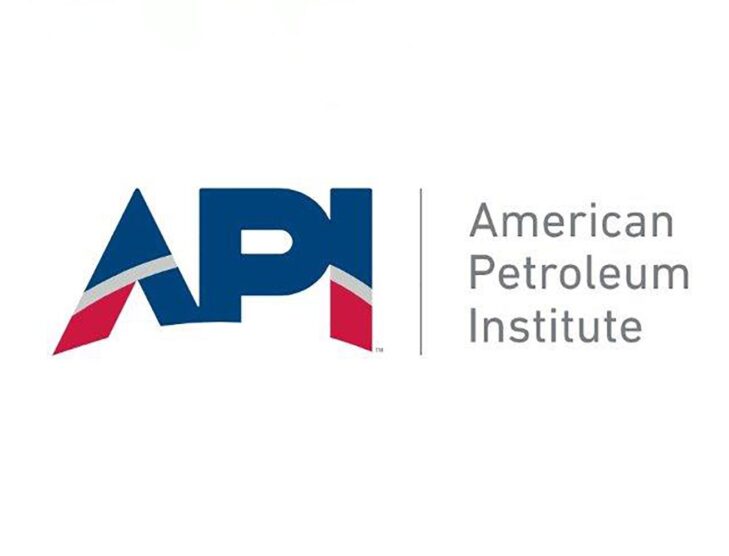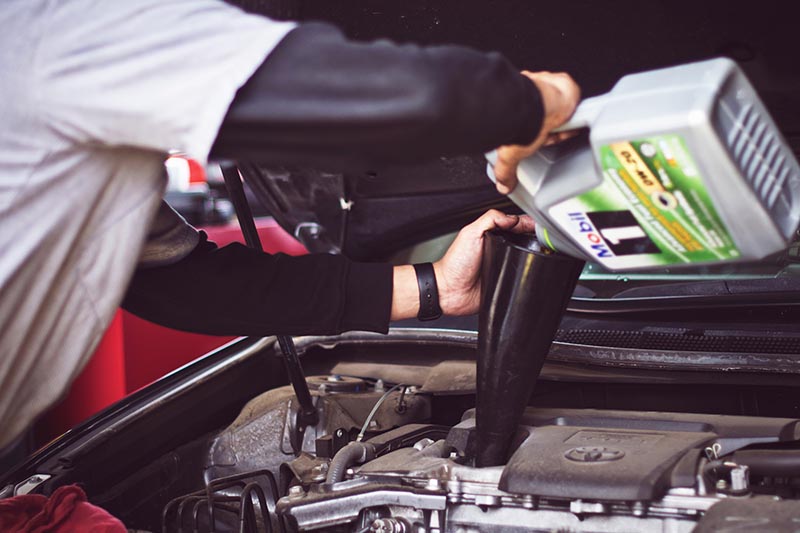
API’s TR 1533: Standardising lubricant sustainability
The American Petroleum Institute (API) has recently released a technical report, API TR 1533, which aims to standardise the calculation of product carbon footprints and lifecycle analysis in the lubricants industry. In Episode 33 of the F+L Podcast, Jeff Harmening, a senior program manager of EOLCS/DEF/MOM at API, discussed the report’s development, its objectives, and its potential impact on the industry.
The interview provides valuable insights into the workings of the API and its commitment to continuous improvement and adaptation in its standards and practices. To listen to the podcast, click here.

The journey to TR 1533 began in June 2021 when API’s lubricants group established a sustainability work group. This group was tasked with gathering subject matter experts from all stakeholders in the lubricants value chain. These experts, from oil marketers, base oil manufacturers, re-refiners, and lubricant additive companies, worked tirelessly to assemble the framework for TR 1533. The group met every two weeks to discuss and refine the document, which was then opened for public comment and balloting.
Their hard work and dedication, coupled with a rigorous meeting cadence, allowed the group to prepare a draft for ballot with the API lubricants group in just over a year. The result was the publication of TR 1533 in May 2023.
API TR 1533 provides a comprehensive guide to understanding and calculating the carbon footprint of lubricant products. It defines various terminologies related to sustainability, outlines the six stages of the lubricant lifecycle, and provides technical information and recommendations on how to address each stage. The report also includes an extensive list of publicly available resources for data, which can be particularly beneficial for smaller marketers who may not have a dedicated sustainability expert on staff.

The ultimate goal of the report is to level the playing field in the industry. As companies increasingly compete on sustainability metrics, it is crucial to have a recognized practice that everyone can follow. This ensures that all companies are calculating their carbon footprints in the same way, giving customers confidence in their evaluations.
While the report does not currently meet the criteria for a full recommended practice per API’s guidelines, the group plans to revise and improve the document to achieve this status. They aim to include full example reporting forms and end-to-end working examples in the next revision.
Harmening explains that the 1500 series is assigned to the engine oil side of things, with various numbers representing different standards and practices. For instance, API 1560 pertains to lubricant designations for gear oils, while API 1525 covers practices for handling, transportation, and storage of fluids.
The number 1533 was assigned to the current technical report because it falls within the 1500 series and because previous numbers were already in use or had been used in the past. Harmening reveals that when the technical report evolves into a recommended practice, it might be renamed as RP 1533, superseding all previous iterations.

API has also established an international liaison group to share information and collaborate with organizations in Europe and Asia. This group has provided valuable feedback on the report and will continue to work together to harmonise practices across different markets.
The release of API TR 1533 represents a significant step towards standardizing sustainability in the lubricants industry. As the industry continues to evolve and sustainability becomes an increasingly important metric, this report will serve as a valuable resource for companies worldwide.
In conclusion, Harmening anticipates that TR 1533 will be a long-standing document, frequently updated to keep pace with scientific advancements and changes in resources. The possibility of the technical report becoming a recommended practice in the future is also on the horizon.
The report is available on the API website, accessible free of charge.
The full title of the report is “Lubricants Life Cycle Assessment and Carbon Footprinting Methodology and Best Practice.” To download the report, click here.







